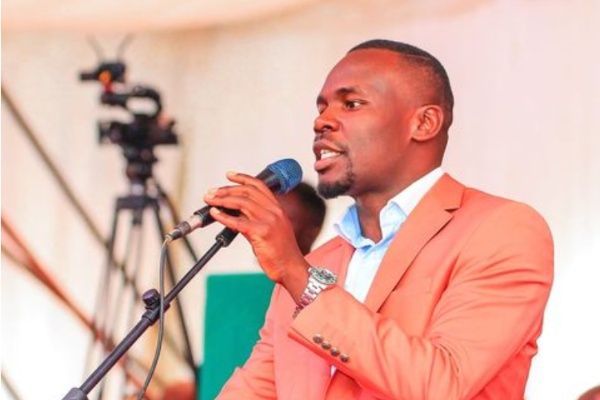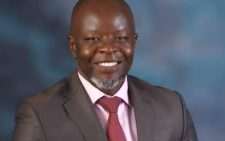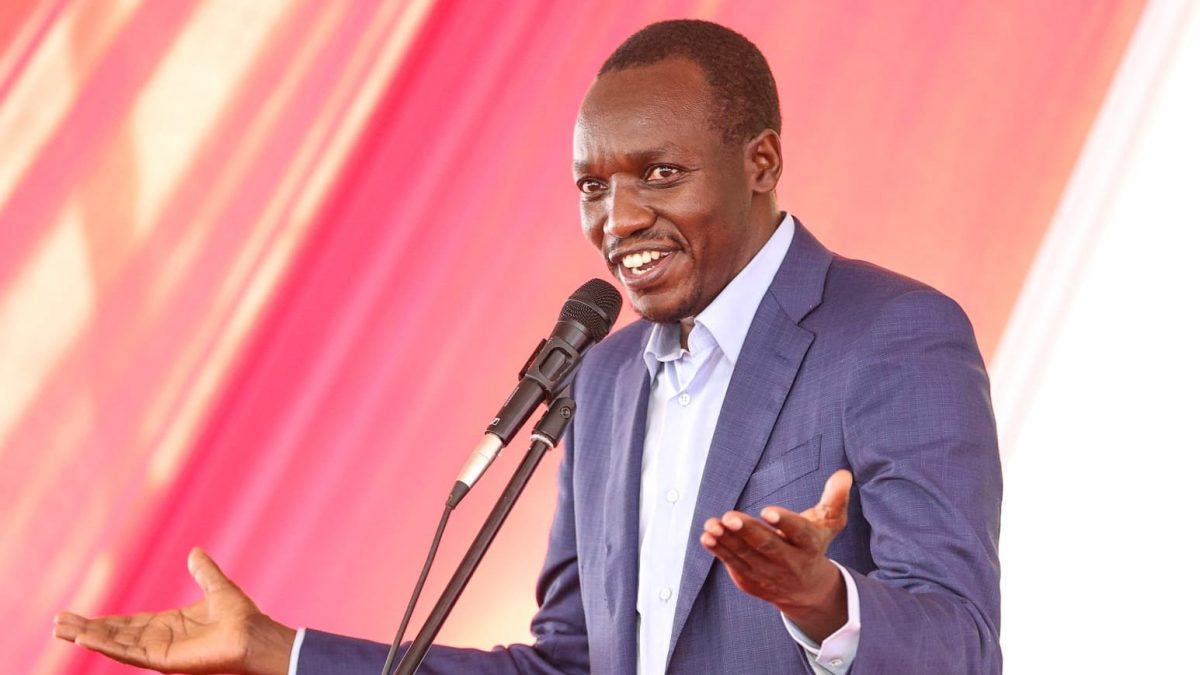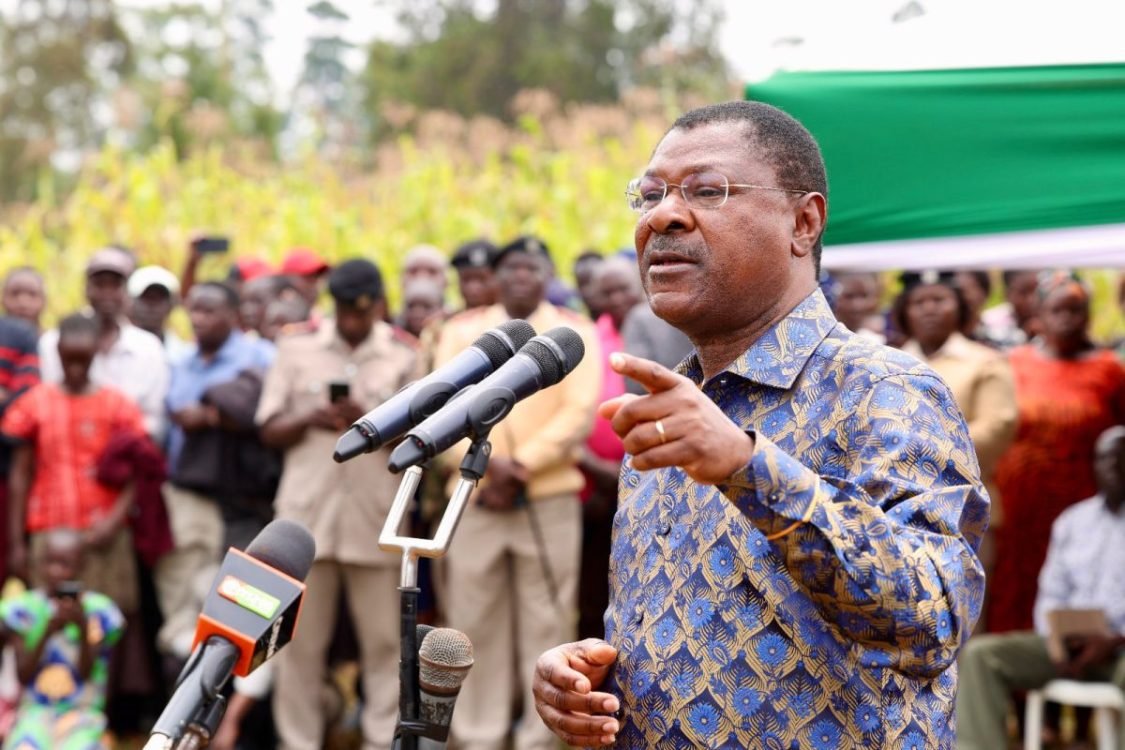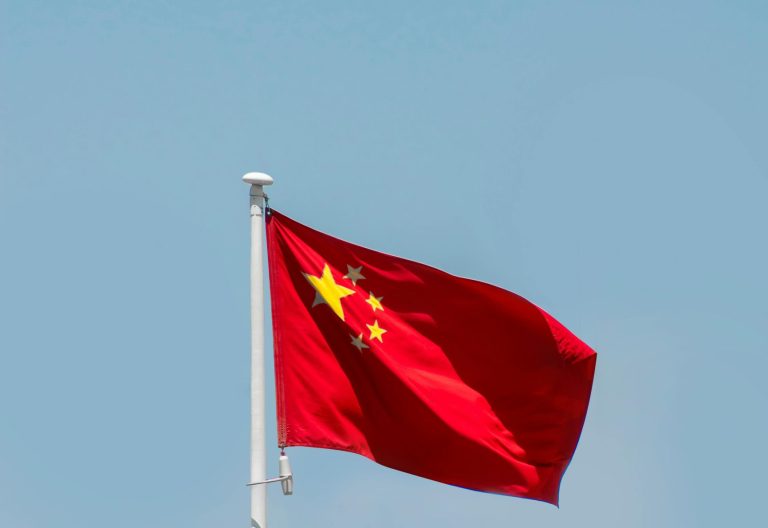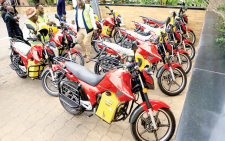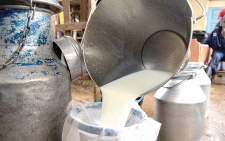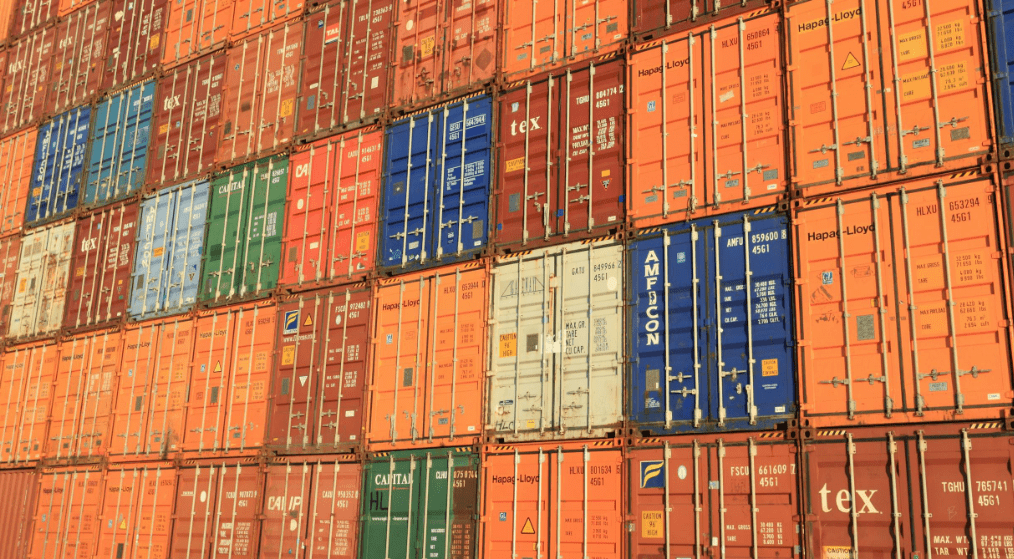WB economist saddened by vaccine nationalism, calls for trade openness
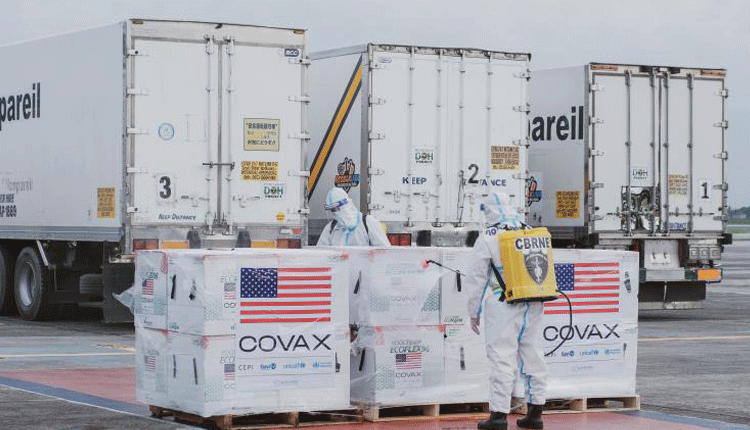
Vaccine nationalism amid the Covid-19 crisis has been disappointing, said Aaditya Mattoo, World Bank chief economist for East Asia and Pacific Region, urging policymakers to boost trade openness to rein in the virus and support recovery.
“I am a trade economist and all my life, I believed that production should happen where it is most efficient and then be distributed to where there is greatest need,” Mattoo told Xinhua in a remote video interview.
“But this crisis has disappointed me because instead of countries pursuing a globally optimal cooperative strategy, there has been what we call vaccine nationalism,” Mattoo said.
According to the World Bank’s East Asia and Pacific Fall 2021 Economic Update, vaccination in the region faces three major constraints, as availability held back vaccination rates in larger countries like Indonesia, the Philippines and Vietnam, smaller, poorer countries are constrained by limited distribution infrastructure, and there is also vaccine hesitancy.
Faced with vaccine nationalism, Mattoo said “perhaps not nationally, but at least regionally,” it is necessary to have reliable supplies, so countries are “not hostage to a situation where other countries do not share vaccines.”
In addition, the trade economist called for allowing easier access and facilitating transfer of vaccine technology, where the whole world can work together to expand production now.
“You see the perverse result of a strategy that just focuses domestically, because if you do not suppress infection outside your country, you will remain vulnerable to the emergence of new variants,” he said.
“We might be condemned to a perpetual race between vaccines and variants, and we need to win that race globally, not nationally,” he added.
Economic activity
The World Bank estimates that most countries in the East Asia and the Pacific region can vaccinate more than 60 per cent of their populations by the first half of 2022, which would significantly reduce mortality, allowing a resumption of economic activity.
Apart from vaccination, Mattoo said there needs to be a complimentary strategy, which consists of precautionary behaviour, such as wearing masks, social distancing, as well as sustained testing, tracing and isolation, calling it the “second arrow in our quiver” to deal with this disease. – Xinhua
